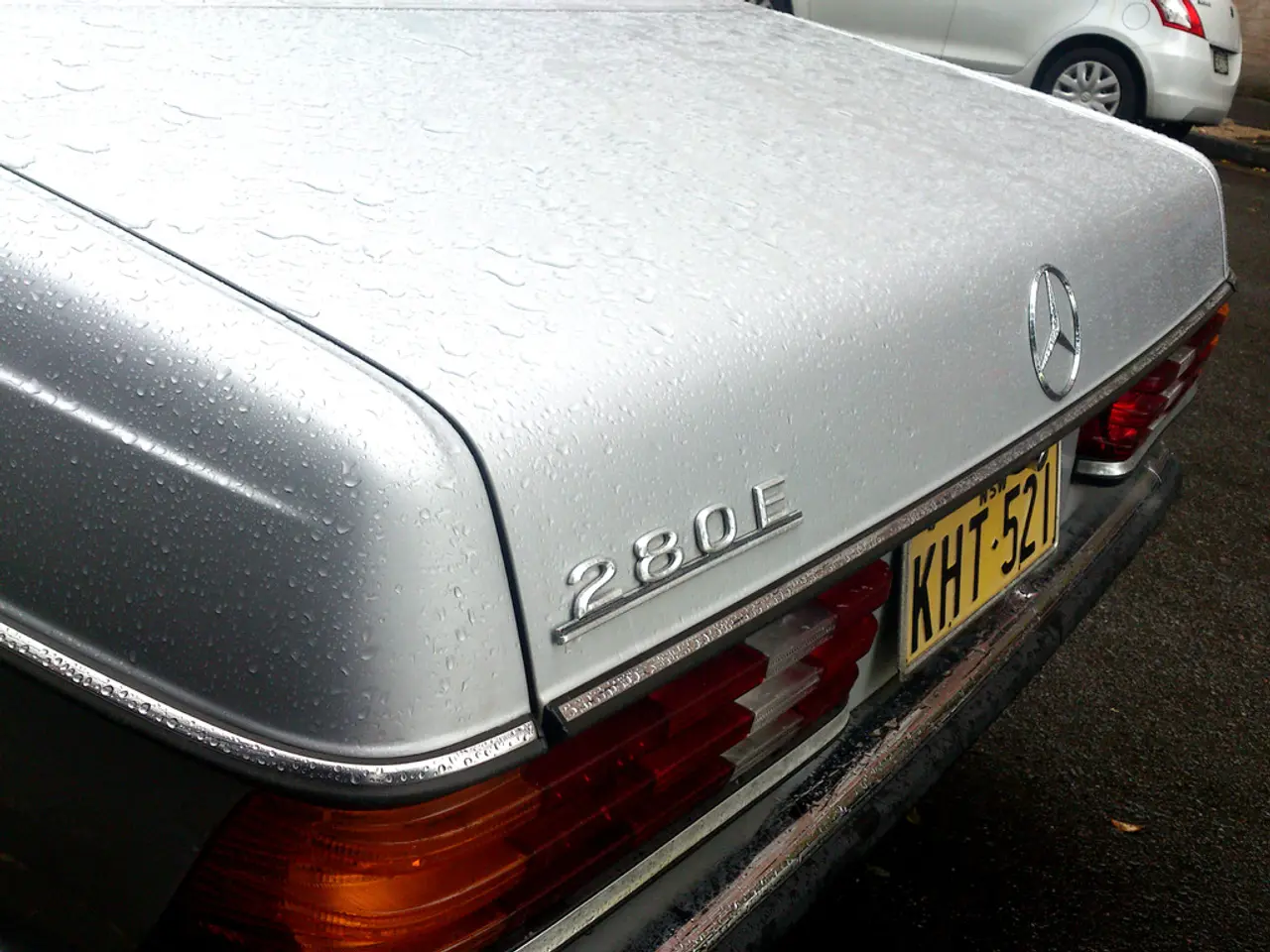Mercedes-Benz G-Wagon Hidden as Tax Deduction Opportunity
The Mercedes G-Wagon, colloquially known as "G-Wagen" or "Wagon" in the United States, is a vehicle with a rich history and unique specifications. Originally named "Gelandewagen," which means off-roader in German, the G-Wagon has become a status symbol and a popular choice among car enthusiasts.
In a recent video on the YouTube channel, the topic of the Mercedes G-Class and Section 179 of the IRS's Publication 946 was discussed in detail. This section of the tax code allows businesses to deduct the cost of certain qualifying equipment, including vehicles used for business, by permitting an immediate expensing deduction instead of capitalizing and depreciating over several years.
The Mercedes G-Wagon qualifies under this rule because it typically has a Gross Vehicle Weight Rating (GVWR) over 6,000 pounds, making it a heavy vehicle suitable for business use. This means a business can deduct a substantial portion or nearly the entire cost of the vehicle in the year it is placed in service.
The deduction process involves using Section 179 to deduct up to the SUV limit (around $28,900 for 2023) immediately, and applying 100% bonus depreciation on any remaining purchase price to further increase the deduction in the first year. This combined approach can allow businesses to write off the entire purchase cost of the G-Wagon in the year it is bought and put into use.
However, it's important to note that the vehicle must be used more than 50% for business, and the deduction limits vary according to vehicle type and weight. Also, the deduction only applies to the business-use portion of the vehicle. Businesses are advised to maintain documentation and consult with a CPA to ensure compliance with IRS rules and avoid any potential issues.
The spirit of Section 179 is to help companies acquire expensive, unique equipment like construction vehicles or restaurant kitchen appliances. However, the increasing weight of cars and the luxury features in work trucks, such as the Mercedes G-Wagon, have raised concerns about potential abuse of this tax loophole.
The Small Business Jobs Act, passed in late 2010, aimed to help small businesses recover from the financial crisis of 2008. This act provided business owners with access to lending programs, increased limits on borrowing, and tax cuts on essential equipment. The popularity of the Mercedes G-Wagon can be attributed to a combination of its status symbol appeal, unique specifications, and the potential for shady small-business practices enabled by its unique specifications.
In conclusion, Section 179 allows businesses to immediately deduct the cost of a Mercedes G-Wagon if it meets the weight and business use requirements, often allowing for nearly full cost deduction in the purchase year under IRS Publication 946 rules. However, businesses must be cautious to ensure compliance with IRS rules and avoid any potential issues.
- The Mercedes G-Wagon's high Gross Vehicle Weight Rating, paired with its luxury features, makes it an attractive option for businesses seeking to deduct the cost of qualifying equipment under Section 179 of the IRS's Publication 946, given that it is used primarily for business purposes.
- Financing a luxury vehicle like the Mercedes G-Wagon can potentially offer substantial tax benefits, as Section 179 allows businesses to deduct a significant portion of the car's purchase cost in the year it is placed in service, thereby reducing the overall financial impact on their lifestyle and business expenses.




